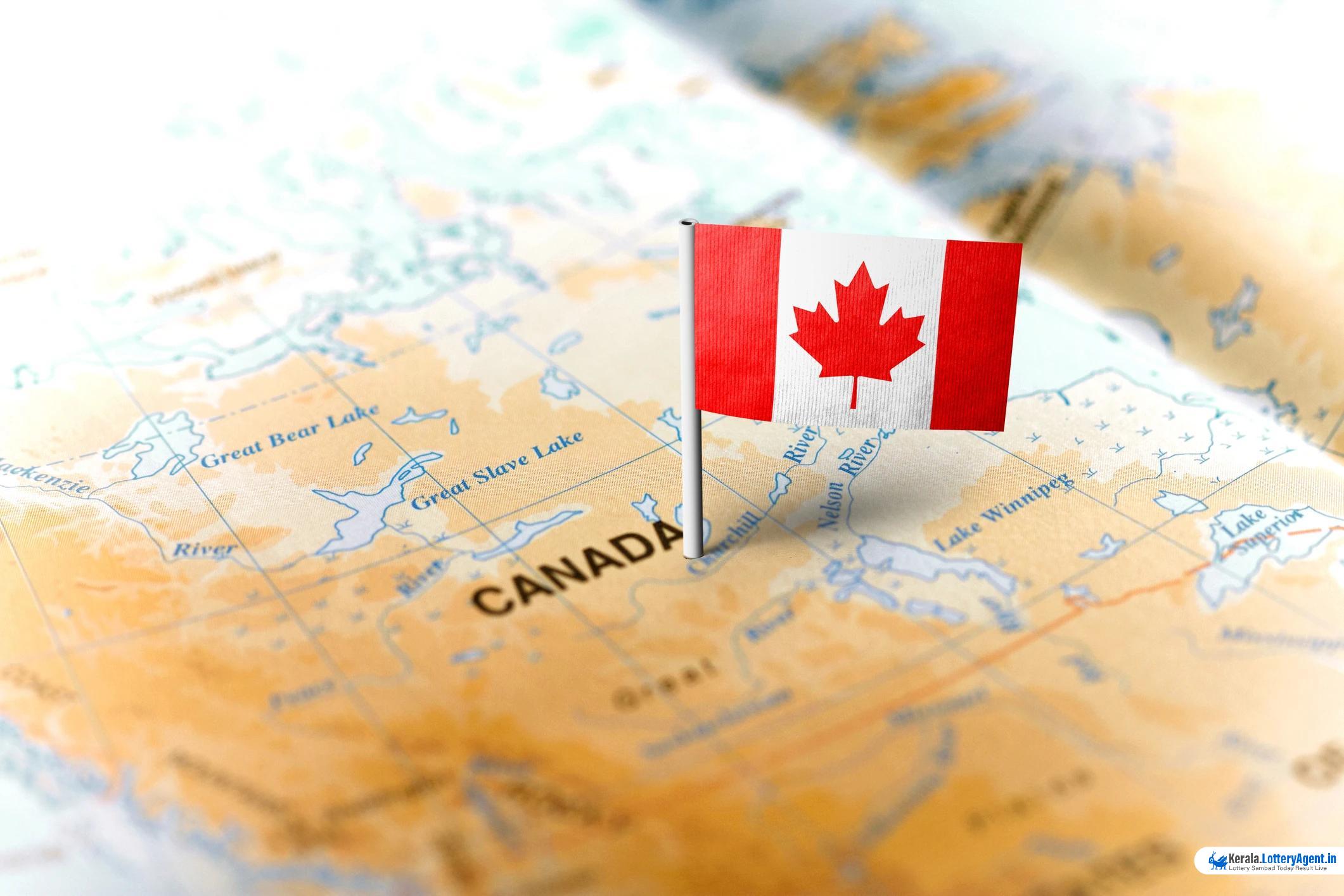
Gambling regulation in Canada is traditionally managed by the country’s Crown provinces, each determining their own rules and policies. However, a significant shift in this approach may be on the horizon, as the Canadian Centre on Substance Use and Addiction (CCSA) advocates for a coordinated national strategy to address gambling harms. The CCSA envisions this approach as necessary to counter the challenges posed by the availability of gambling apps and sites across provinces with varying degrees of liberalisation.
The CCSA’s plea follows a comprehensive report co-authored with researchers from Greo Evidence Insights. While the report stops short of providing concrete evidence that gambling harms have escalated since Ontario liberalised its market in 2022, or following the Safe and Regulated Sports Betting Act in 2021, it identifies a growing concern about the potential for increased gambling harms across Canada.
The report underscores that there is currently no national or provincial/territorial system in place for monitoring and surveillance of gambling-related harm, leaving the impact of recent gambling policy changes on Canadian health relatively unknown. Instead, the report suggests that the liberalisation of gambling laws could foreseeably lead to increased harm.
Ontario’s market liberalisation serves as a case in point. As of December 2023, the province’s estimated population of 15.2 million has access to 49 different gambling operators running 72 sites. The first year of this legal gambling ecosystem saw a staggering CA$35.5 billion in wagers, a figure the CCSA argues cannot be attributed merely to a shift from illegal to legal gambling.
Further adding to the alarm, data indicate a dramatic 300% rise in stakes within Ontario, from CA$4.08 billion in Q1 FY2022-23 to CA$17.8 billion in Q4 FY2023-24. Given that only about 1.5% of the population was engaged in illegal gambling in 2018, according to a 2023 study, such a sharp increase in legal wagering suggests wider engagement in gambling activities.
Amid these growing concerns, the call for a national strategy comes at a crucial moment, coinciding with broader legislative discussions, such as Bill S-269, aimed at curbing gambling advertising. Bill S-269 proposes to limit the visibility of gambling by controlling the number, scope, and placement of ads, and banning celebrities and athletes from promoting sports betting. Ontario has already taken a proactive step by banning sports and celebrity endorsements for gambling advertisements.
Dr.
. Matthew Young, chief research officer at Greo and senior research associate at the CCSA, highlighted the issues linked to the surge in gambling adverts. According to him, the consistent pairing of sports with betting normalises gambling, potentially embedding it as a essential aspect of sports fandom. “We have seen a massive increase in gambling advertising and opportunities to gamble. We can no longer watch sports with our kids or go online without being subjected to an overwhelming amount of gambling advertising,” said Dr. Young, adding that Canada stands at a pivotal moment in managing gambling.
In light of these developments, the CCSA has outlined a comprehensive proposal for a national strategy aimed at minimising gambling-related harms. Dr. Young elaborated that a national strategy, akin to existing frameworks for alcohol, tobacco, and cannabis, is crucial to mitigate the expected rise in gambling harm, especially amongst youth and vulnerable populations.
The CCSA’s proposal suggests that such a strategy could be enhanced by investigating and potentially regulating esports betting and loot boxes to better protect younger demographics. It also recommends more robust enforcement mechanisms, such as cross-province coordination to block unlicensed gambling operators, which could involve financial bodies employing payment blocking techniques.
Standardising harm prevention messaging across provinces and instituting mandatory safer gambling measures through regulation are also key components of the proposed strategy. The introduction of a self-exclusion register, allowing individuals to voluntarily ban themselves from gambling platforms, could further aid in harm reduction.
Dr. Pam Kent, the CCSA’s Director of Research and Emerging Trends, asserted that the increase in gambling activities would “undoubtedly” result in heightened societal costs, albeit without direct evidence apart from the rising gambling tendency in Ontario. “These include healthcare costs, criminal-justice costs, child welfare costs, increased unemployment and lost productivity costs because of gambling-related suicide,” Dr. Kent noted.
In conclusion, stressing the importance of a balanced approach, Dr. Kent added, “We need to think about our approach. We need to ensure that it considers not only short-term government revenue and economic activity but also the longer-term societal costs. That’s why we need a national strategy.” The CCSA’s call to action signifies a growing acknowledgment of the need to manage gambling’s expansion effectively, to safeguard the well-being of Canadians in the face of changing policies and market dynamics.












